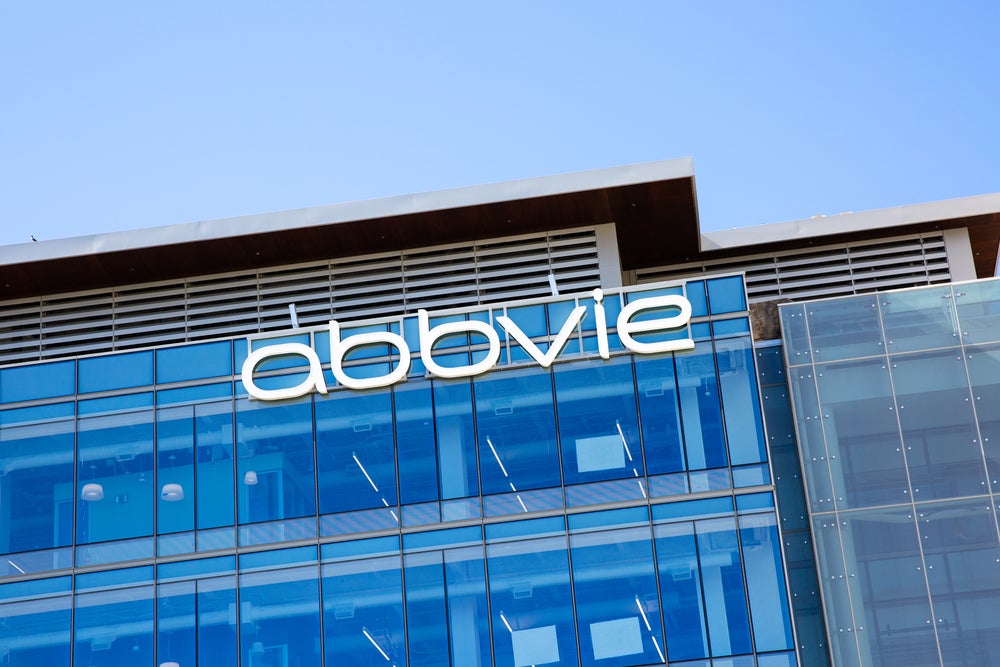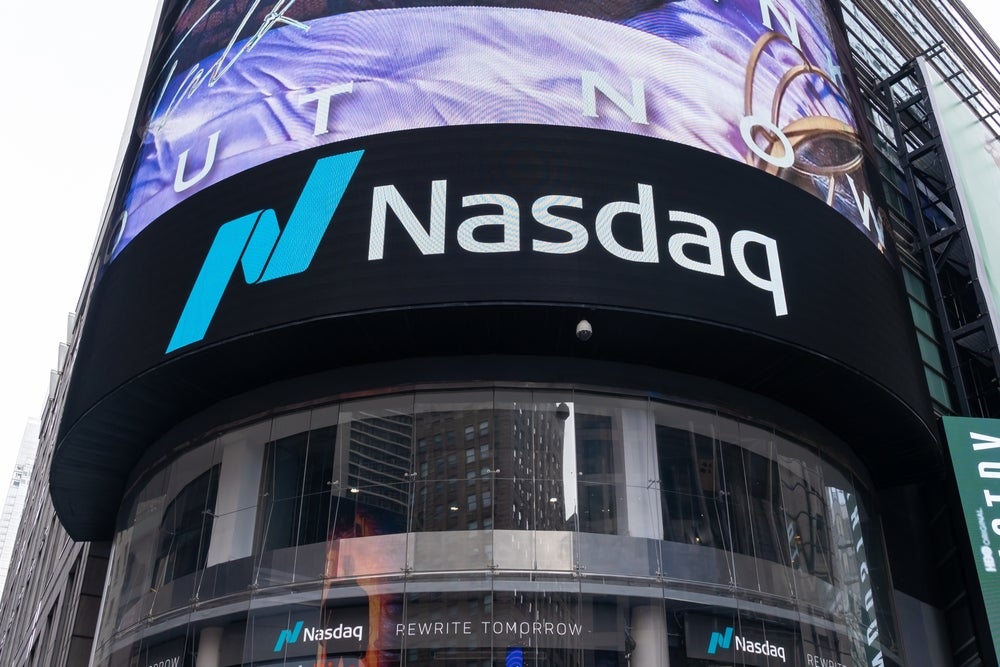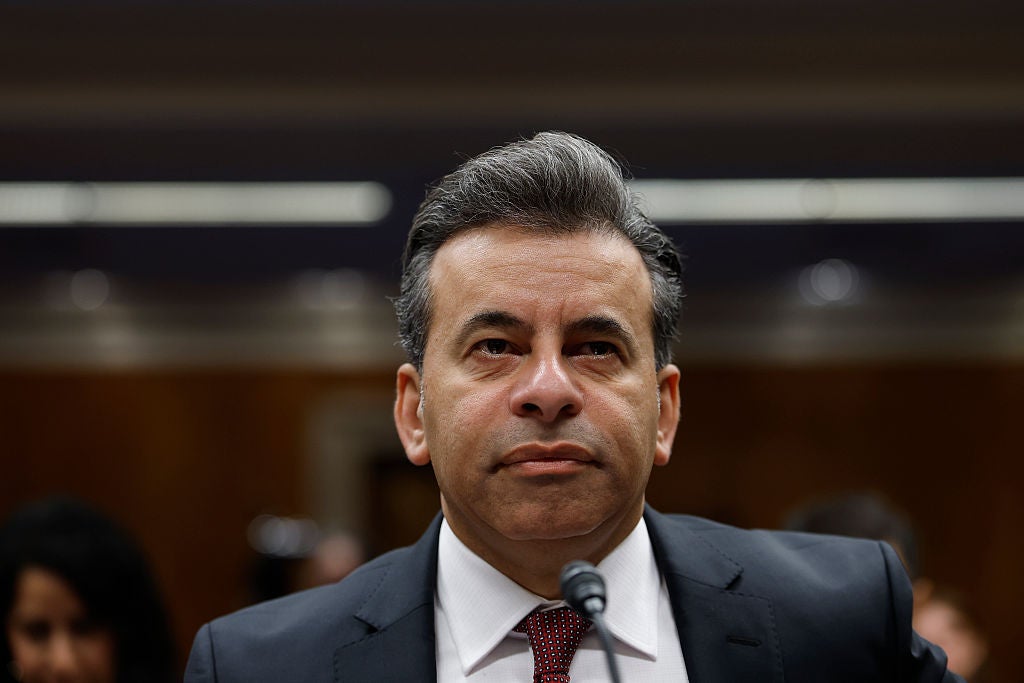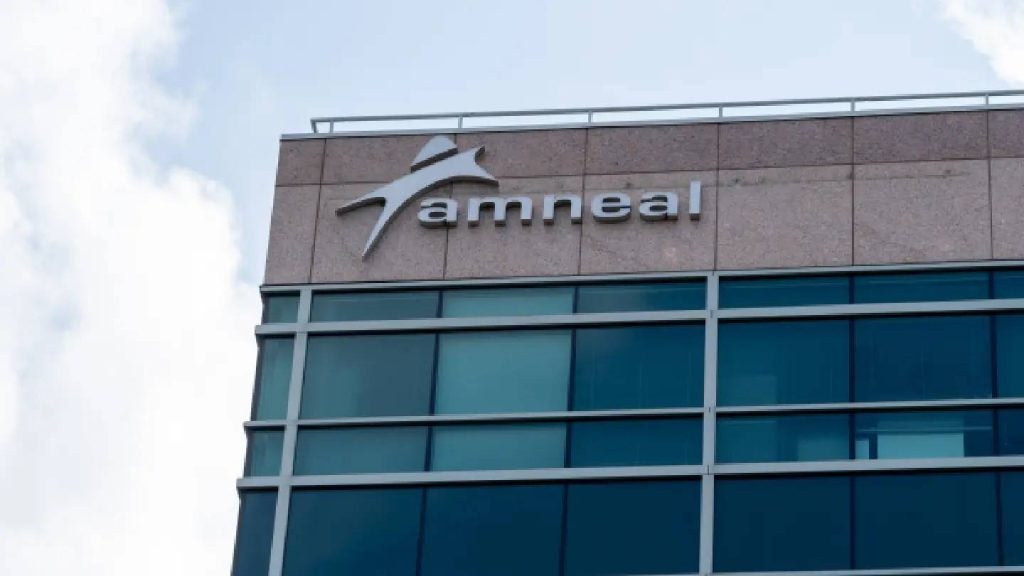AbbVie has bolstered the sales outlook of its blockbuster autoimmune drug Rinvoq (upadacitinib) by extending its exclusivity until 2037.
The company accomplished the feat via settlements with generics manufacturers who were hopeful of pushing copycat versions onto the US market in 2033, the year the patent was originally expected to expire.
Shares in AbbVie reached a record-high price of $221.77 on 11 September following the announcement. The big pharma company has a market cap of $389bn.
Disclosing the settlements in an SEC filing, AbbVie has now signed deals with Sandoz, Hetero Labs, Aurobindo Pharma, Intas Pharmaceuticals and Sun Pharmaceuticals. These are all generics companies that have filed for US Food and Drug Administration (FDA) approval of Rinvoq generics.
Following the legal proceedings, their copycat versions of Rinvoq will no longer enter the US market before April 2037, according to the filing.
The settlements completed by AbbVie mark an end to a lawsuit originally filed against the slate of generics companies in 2023. At the time, AbbVie accused the Rinvoq copycat hopefuls of infringing on multiple patents.
Oral JAK inhibitor Rinvoq was first approved as a treatment for rheumatoid arthritis in the US in 2019. AbbVie has since successfully added a wealth of autoimmune indications to the drug, entering lucrative markets such as atopic dermatitis, ulcerative colitis, and Crohn's disease, among others.
Rinvoq is AbbVie’s second-top-selling drug, only behind Skyrizi (risankizumab). Global sales for the therapy rose in the first half of 2025 by more than 48% to generate around $3.75bn, with the US market contributing $2.7bn. In its Q2 earnings, AbbVie executives reiterated guidance of $11bn in expected sales for Rinvoq and more than $20bn in sales for Skyrizi in 2027, although this will likely now be raised in light of the exclusivity extension and continued growth for the brands.
Alongside Skyrizi, Rinvoq has been a critical revenue stream for AbbVie as it recovers from the loss of exclusivity for Humira (adalimumab), a drug that was once the top-selling drug in the world. While the therapy still raked in sales of nearly $9bn in 2024, this is far below the $21.6bn peak sales from 2022.
Already armed with a wealth of indications, AbbVie is hoping to add more to the drug. There are several key regulatory and clinical milestones approaching for Rinvoq in diseases such as alopecia areata, hidradenitis suppurativa, and systemic lupus erythematosus.
AbbVie expects the next wave of potential approvals could add around $2bn to peak-year sales. Analysts at William Blair forecast this could now go even higher in the wake of the shielding from generics, predicting peak global sales of $19bn in 2033 and peak US sales of $15bn in 2033.
William Blair analyst Matt Phipps said the settlements marked a “big win for [the] Rinvoq franchise.”
He commented: “This is clearly a positive development, supporting longer-term protection of the Rinvoq franchise.”













